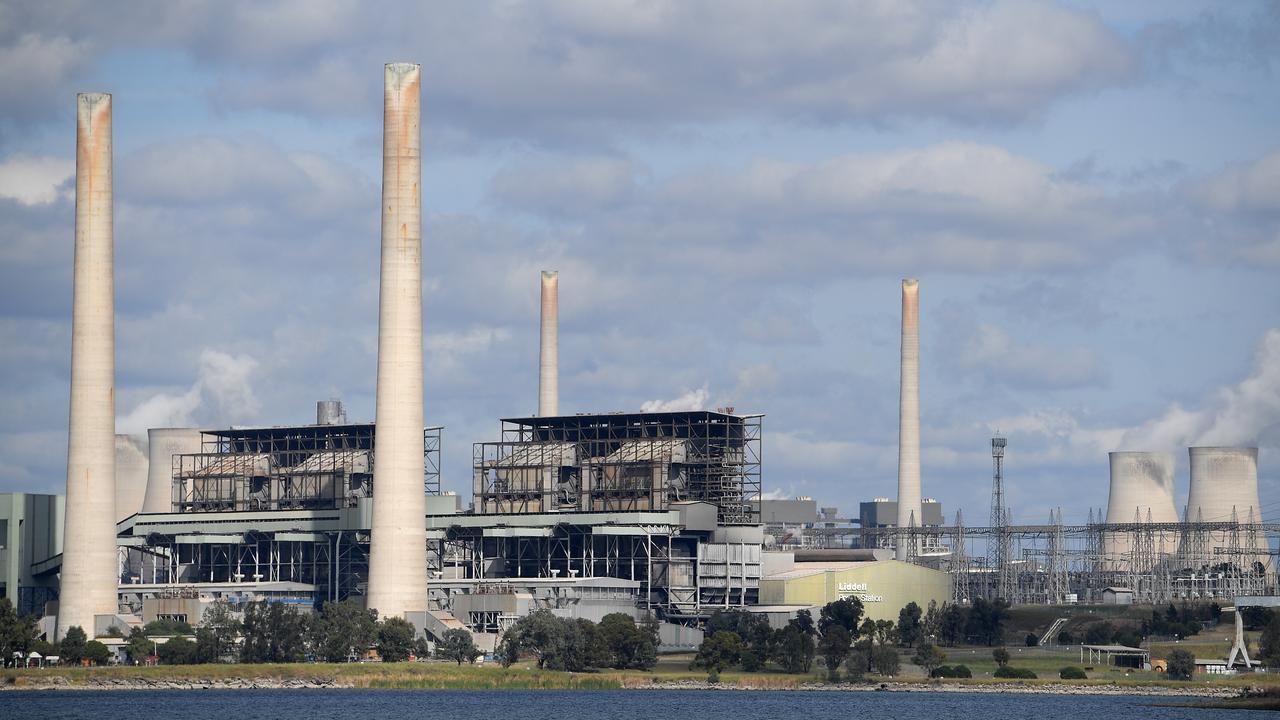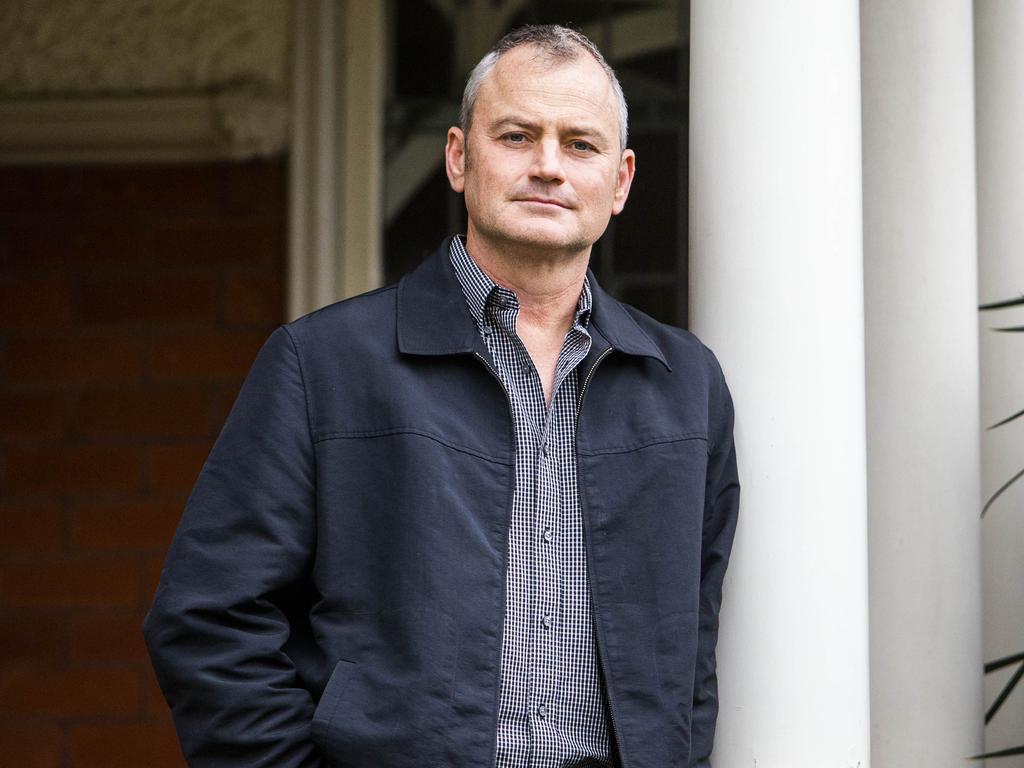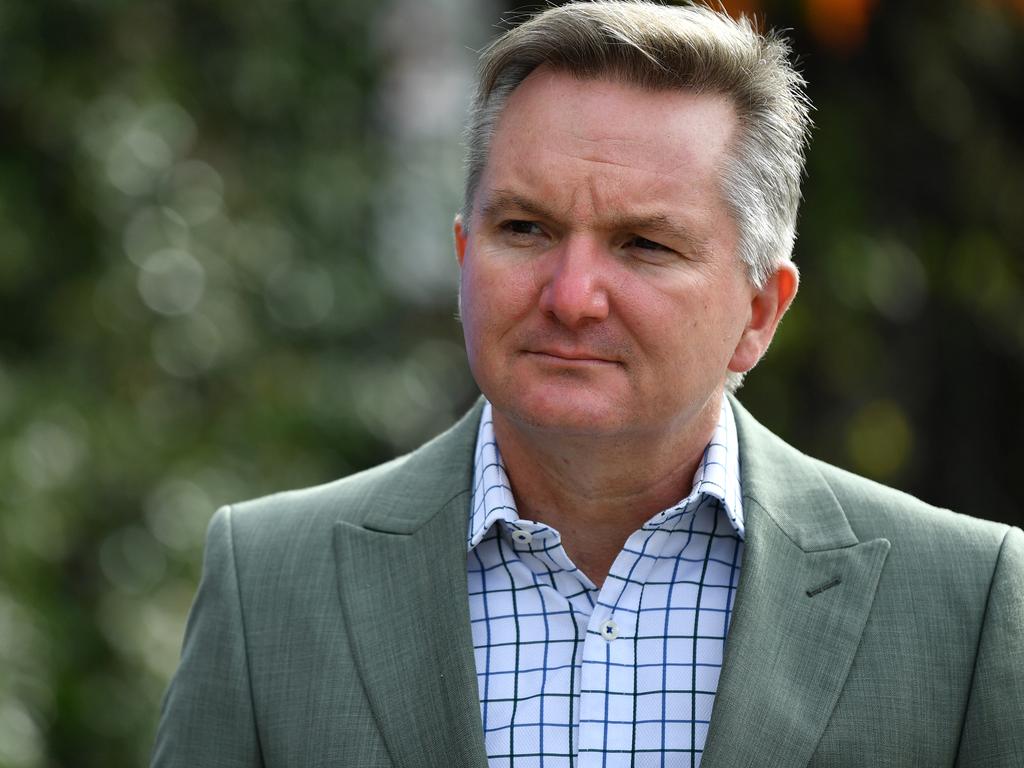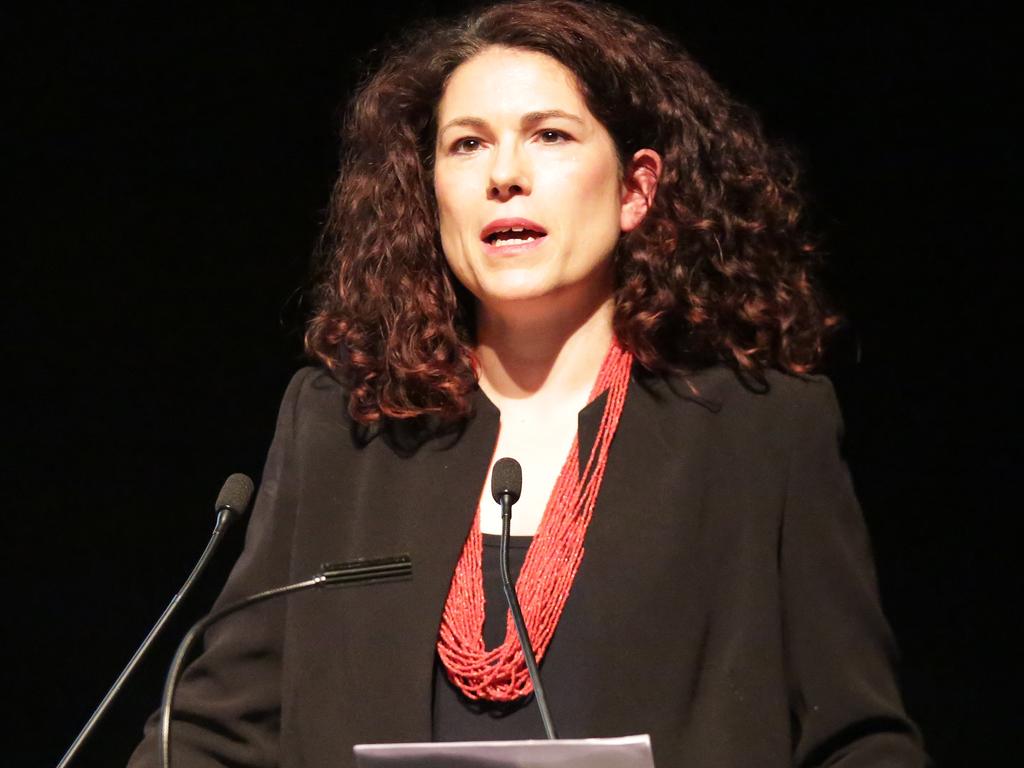Move that could see Australia slow global warming
Australia could be a major player in the global fight against climate change just by making one innovative change.

Australia could help bring global greenhouse gas emissions down significantly just by exporting finished products to the world rather than primary resources, a clean energy forum has heard.
Climate 200 group philanthropist Simon Holmes a Court told the Clean Energy Council forum Australia could “punch above its weight” in the global fight against climate change by developing industries here that run only on renewable electricity, such as green steel and green concrete.
If Australia moved to exporting such finished products, rather than shipping raw materials such as iron ore, global greenhouse gas emissions could drop by 5 per cent, he said.
This was in addition to the 1.3 per cent of global emissions which Australia produces itself, Mr Holmes a Court said.

Earlier, forum participants heard from politicians across the political divide, including Tim Wilson from the Liberals, Adam Bandt from the Greens and independent MP Helen Haines about the role energy and climate would play in this year’s federal election, with some disagreement about whether the so-called “climate wars” were in fact over or ongoing.
Labor’s Climate Change and Energy spokesperson Chris Bowen predicted the election would “go down to the wire,” but on climate it was “a very different election campaign this time”.
The government “can’t lay a glove” on the modelling behind the emissions reduction plan Labor released in December, Mr Bowen said.
“When they ask what’s the cost of our policy I can see here’s the impact on employment, here’s the impact on investment,” he said.
If elected, and where possible, Labor would seek to push changes through via regulation rather than legislation, Mr Bowen said.
“A specific design element of our policy is wherever possible we’ve made it easy to implement, and where possible we’ve avoided the need for legislation,” he said.

“I don’t want to get caught up in months or years of negotiations to try and get our agenda through. For example the safeguard mechanism [Labor’s plan to ratchet down industry emissions] can be done via regulations, and it doesn’t require horse trading, which has hobbled so much of climate action over the last 20 years,” Mr Bowen said.
Social researcher Rebecca Huntley said focus groups she had run among voters in areas such as the Hunter Valley and Townsville showed people in those heavy-industry communities “feel as if they’ve been used as a political football” in the climate wars.

“In the focus groups I did in those kinds of seats with marginal voters, with people who have traditionally voted conservative, they said we’ve just been through a pandemic in which JobKeeper and JobSeeker were paid for by a conservative government. Where is the equivalent package to help us move towards renewable energy?,” Ms Huntley said.
“These people know what’s happening, and they know what’s coming down the line to them,” she said.
Ms Huntley said people in those areas understood the future for industries such as coal, but they wanted government support, a sense of vision and an end to toxic climate politics.
Originally published as Move that could see Australia slow global warming




